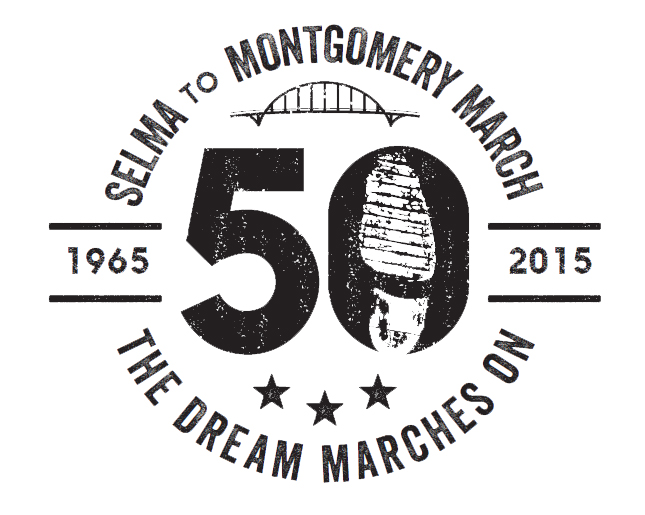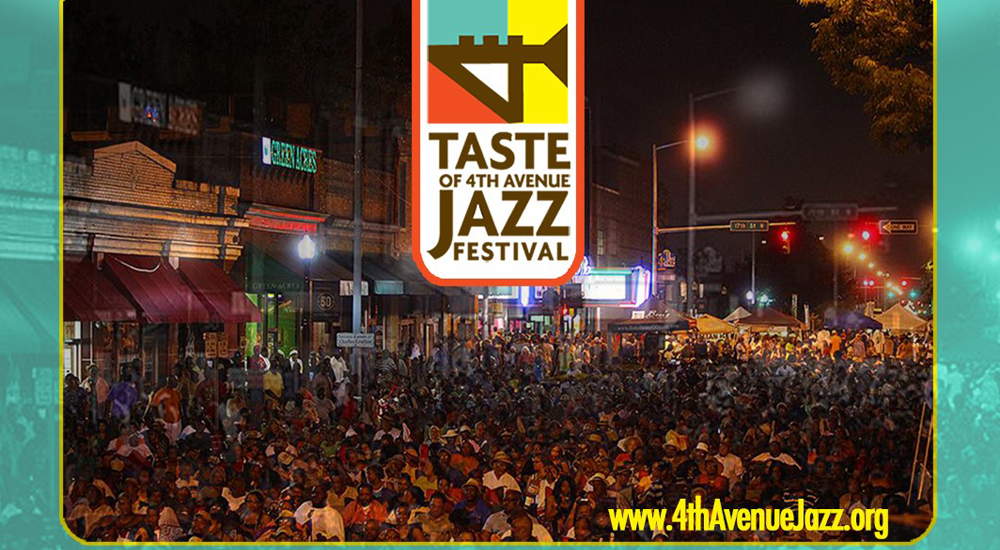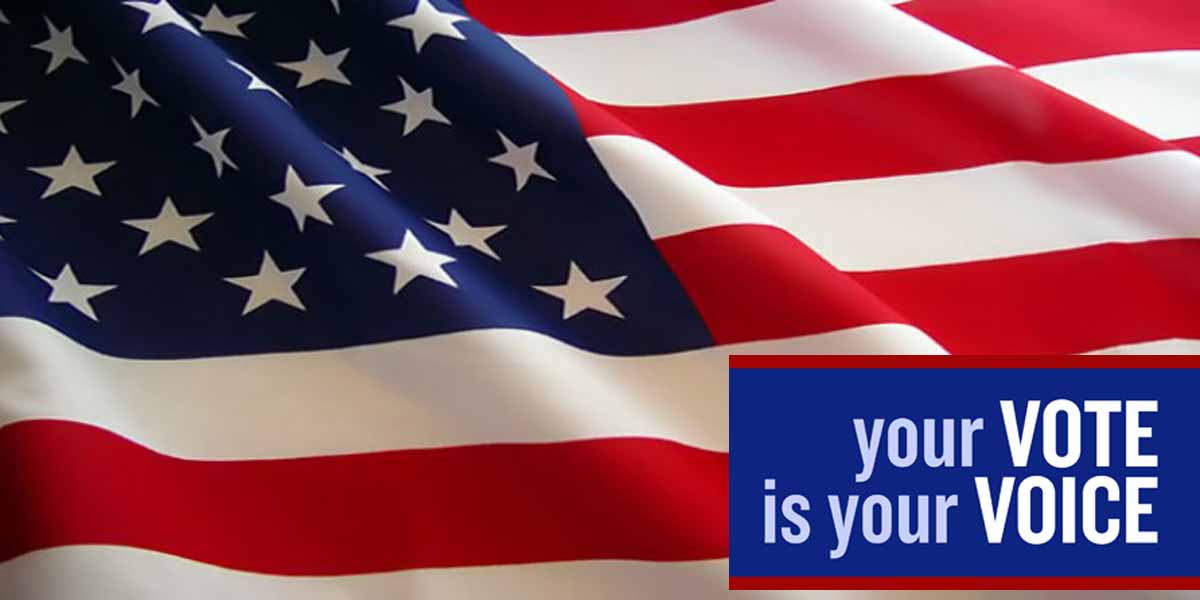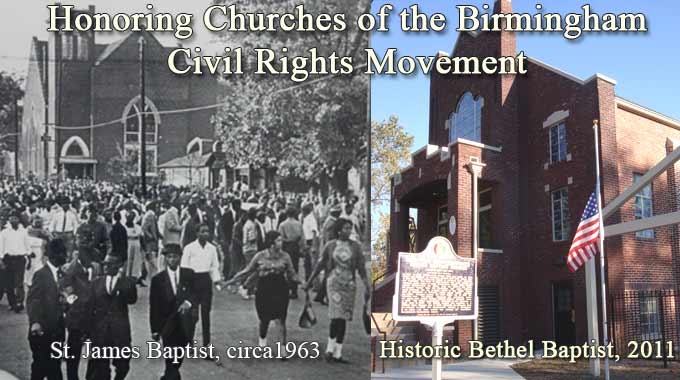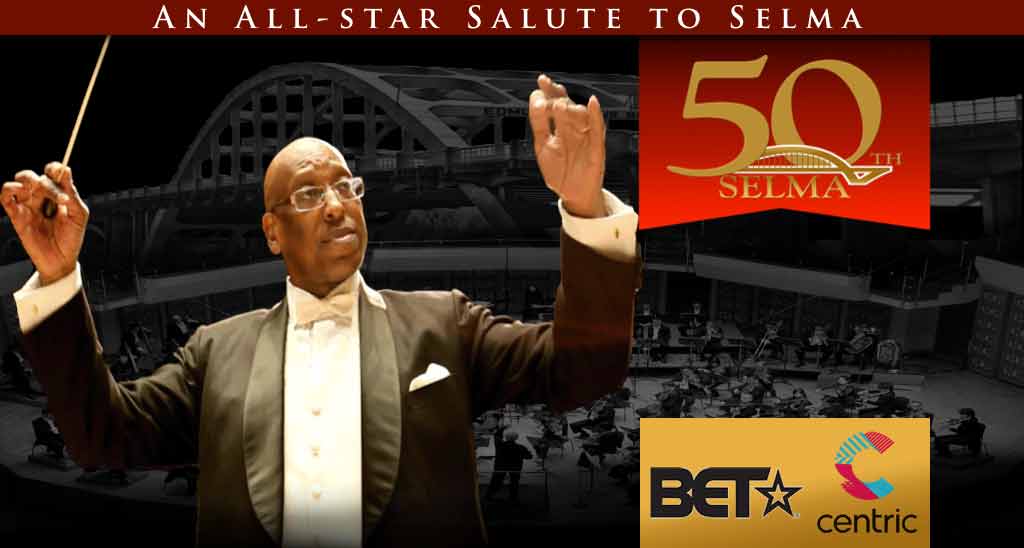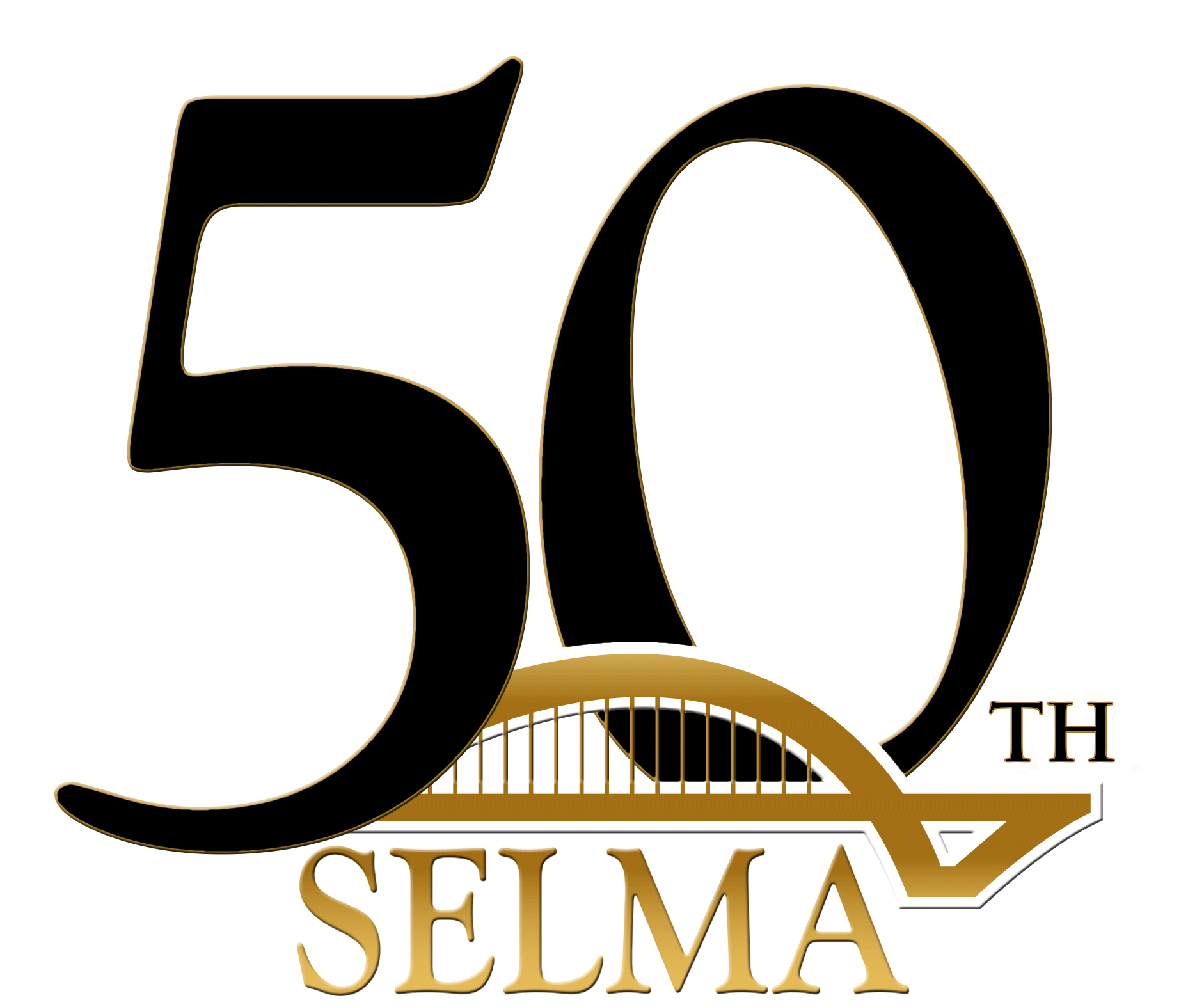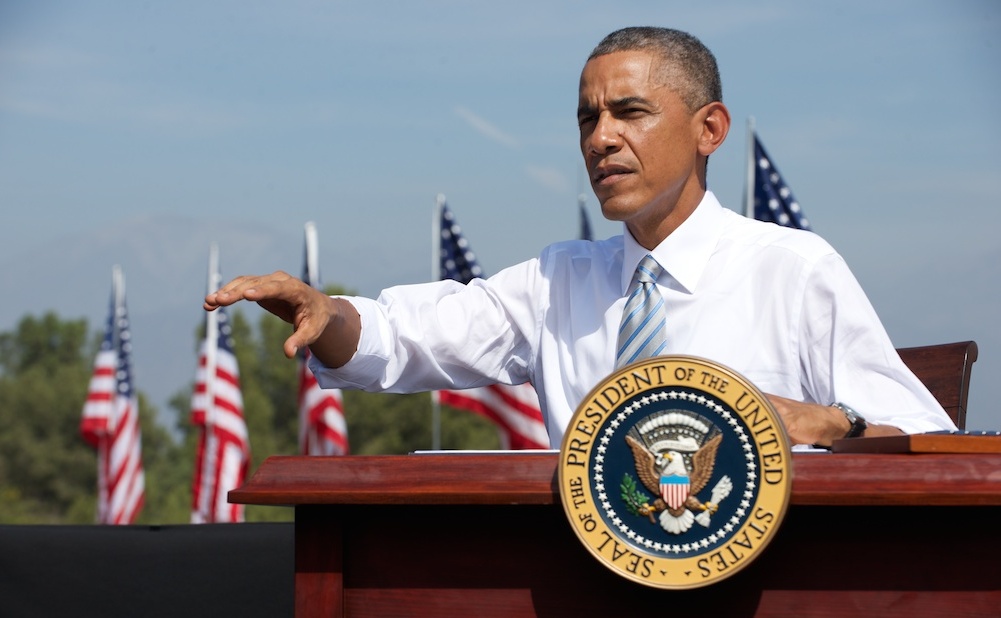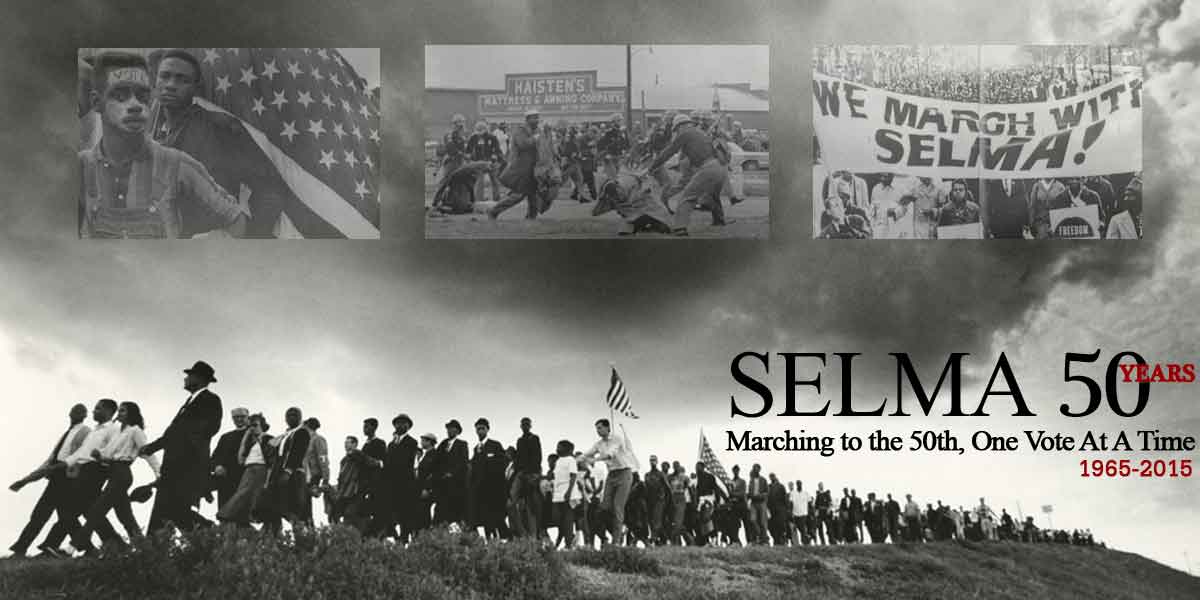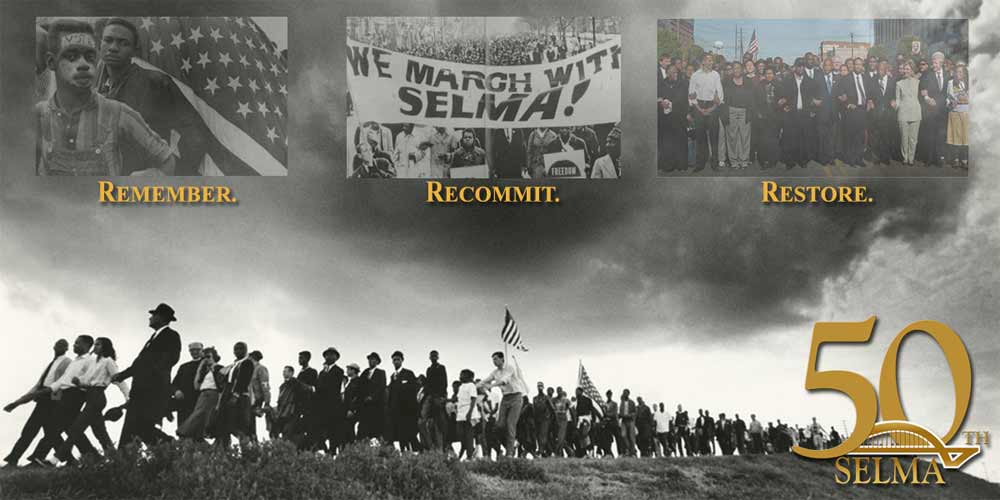The Metro Birmingham NAACP is hosting the first in a series of events honoring the African American churches that played pivotal roles in the 1963 Birmingham Civil Rights Movement.
The churches hosted “Monday night mass meetings,” where local ministers who led the Birmingham Movement met to strategize, organize and motivate Birmingham black citizens who actively engaged in efforts to end segregation and gain equal rights under American law as full citizens.
The NAACP program, “Sanctuaries in the Storm of Injustice,” will salute the first 20 of the 60 churches where the mass meetings were held from 1957 to to the historic 1963 Birmingham Movement 50 years ago. The event is set for Sunday, January 27, 6 p.m. at Sixteenth Street Baptist Church (itself a Movement church) at 1530 North Sixth Ave.
Birmingham NAACP President Hezekiah Jackson, IV, said 2013, which marks the 50th Anniversary of the 1963 Birmingham Civil Rights Movement, is a fitting year to salute these churches. Their pastors provided critical leadership to African Americans during perilous times in a city known nationally for ruthlessly enforcing racial segregation.
“These African American churches provided sanctuary from the storms of injustice during the Birmingham Civil Rights Movement. They opened their doors to strategy meetings, inspirational sessions, and prayer meetings where they petitioned Almighty God to touch the hearts of their oppressors,” Jackson said. Their activities, divinely inspired, moved African Americans closer to the Movement’s goal of being judged by the content of their character and not the color of their skin.”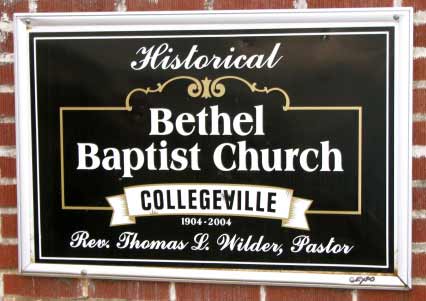
Many pastors of the movement churches were early members of the Alabama Christian Movement for Human Rights (ACMHR), formed under the leadership Bethel Baptist Church pastor Rev. Fred L. Shuttlesworth in 1956 a few days after state authorities banned the Alabama NAACP from operating.
According to the online Encyclopedia of Alabama’s entry on the ACMHR, each Monday night after the initial June 5, 1956 meeting,
. . . Rev. Shuttlesworth led mass meetings to provide information and inspiration for other interested parties. Several hundred individuals routinely attended these gatherings at various churches in the city and donated funds . . . In contrast to the NAACP, ACMHR membership largely consisted of working-class individuals and received little support from upper- and middle-class blacks, whose church leaders thought the group too militant.
Within a year of its inception, plainclothes Birmingham police detectives employed by Public Safety Commissioner Eugene “Bull” Connor began infiltrating and secretly taping meetings. They then transcribed the recordings and provided Connor with written documentation of ACMHR activities. These written records would later prove invaluable to historians of the civil rights movement.
The Birmingham Historical Society’s Marjorie White used the police surveillance records and interviews with living Movement leaders to compile a list of about 60 churches that are featured in its 1998 book, A Walk to Freedom: The Reverend Fred Shuttlesworth and the Alabama Christian Movement for Human Rights.
The churches to be honored include:
- Sixteenth Street Baptist
- Macedonia 17th Street Baptist
- New Pilgrim Missionary Baptist
- First Ebenezer Baptist
- Zion Star Missionary Baptist
- Christian Valley Baptist, Collegeville
- Mt. Olive Baptist, Kingston
- Forty-Sixth Street Baptist
- East End Baptist
- St. Paul A.M.E., Smithfield
- Abyssinia Missionary Baptist
- New Rising Star Missionary Baptist
- St. James Missionary Baptist
- Mt. Ararat Missionary Baptist
- Galilee Missionary Baptist
- Sixth Avenue Baptist
- Old Sardis Baptist
- Thirgood Memorial CME
- First Congregational UCC
- First Baptist, Ensley
Before the NAACP program, Birmingham News/Alabama Media Group reporter Barnett Wright will be at the church to sign his book, 1963: How the Birmingham Civil Rights Movement Changed America and the World. The book signing starts at 4:00 p.m.


